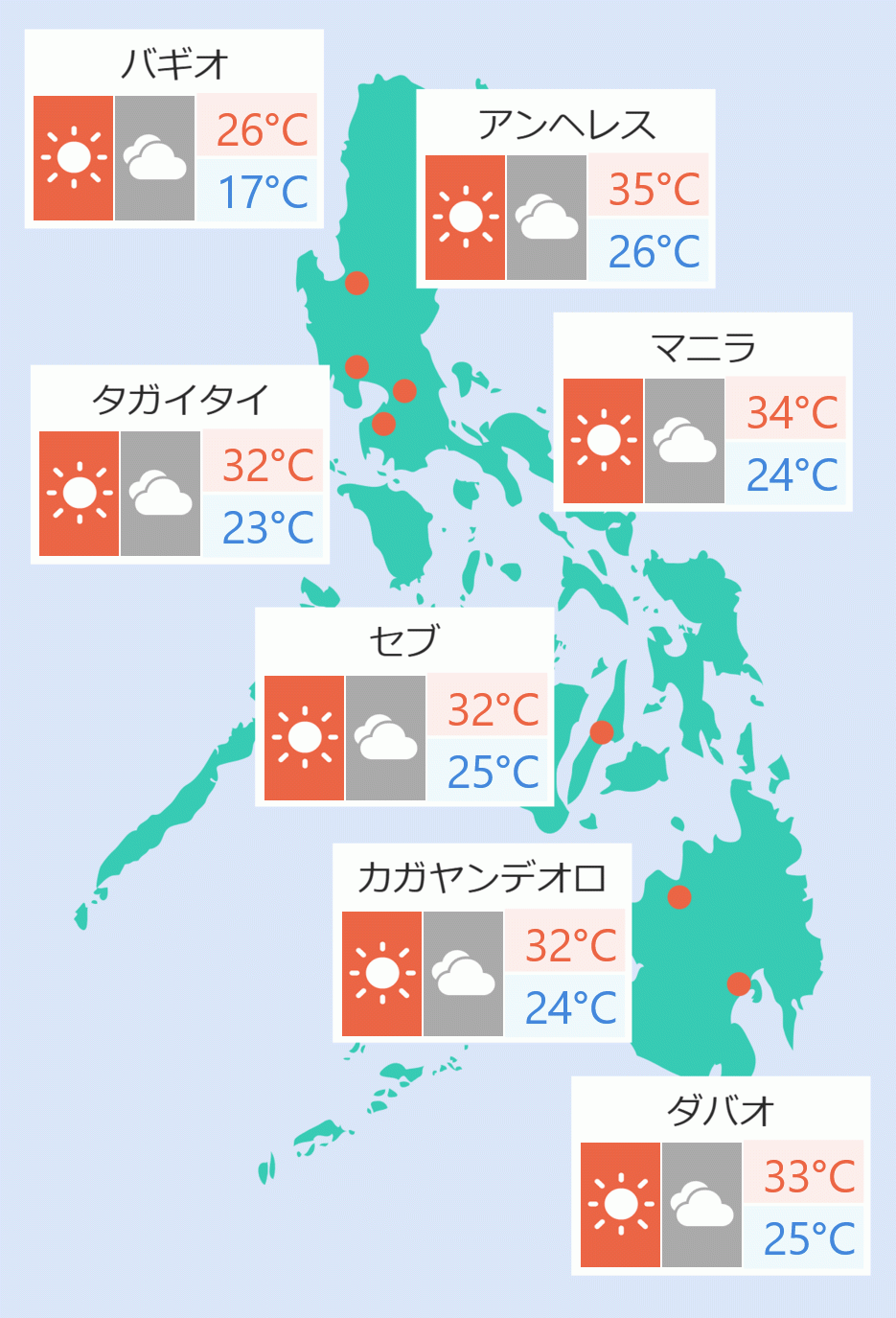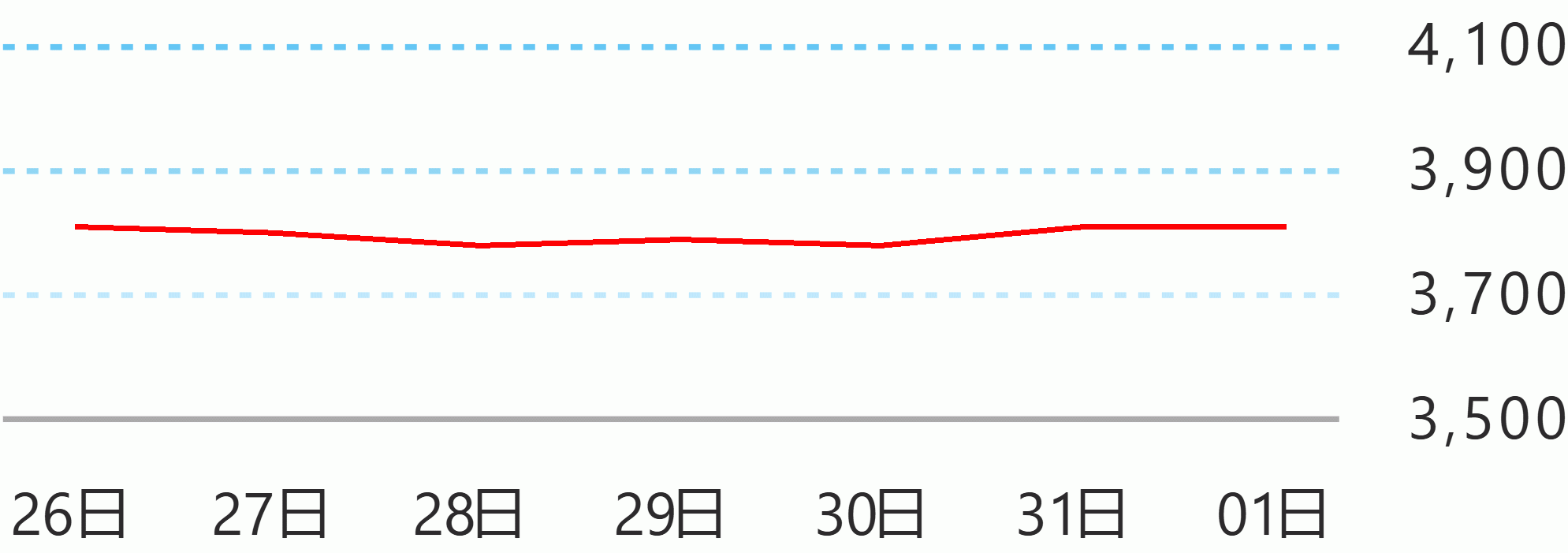Presidential candidate Ferdinand ‘Bongbong’ Marcos Jr. laid down his foreign policy directions, particularly on the contentious West Philippine Sea, during the SMNI presidential debate held recently at the Okada Manila Resort Hotel in Parañaque City.
Although a lot of issues were discussed during the four-hour debate, the centerpiece of the discussion focused mostly on foreign policy after UP Prof. Clarita Carlos opened up with her question on the candidates’ position on the QUAD -- a strategic security dialogue between the United States, India, Japan, and Australia -- which was widely viewed as a response to increased Chinese economic and military power.
“I think any of these agreements we should, of course, encourage as long as it is very clear to us. What is the advantage for the Philippines?” he stated.
“What the professor just mentioned, she spoke about the great powers trying to carve out spheres of influence, I reject that model. I believe it no longer applies in the geopolitics of the modern world. The old Cold War thinking, we have to fly our own way,” Marcos continued.
He qualified that he is open to any discussion with foreign powers, but “it would really depend on what is inside those agreements, say what the Philippines will be doing and those other partners of ours will be doing for the Philippines.”
“We should always think in terms of the fine line that the Philippines has to tread in all our foreign policy decision,” Marcos added.
Asked if he rejects the concept of spheres of influence, which could mean that he will scuttle the Mutual Defense Treaty when he becomes president, Marcos replied, “Our relationship with the US is not something that we can be cavalier about.”
“It is a very important one. It has stood us in good stead for over a hundred years, and that will never disappear from the Philippine psyche, the idea and the memory of what the United States did for us and fought with us in the last war,” he added.
Marcos said although he recognized that the country is in a “hot spot” in geopolitics, “it will not cede any one square inch to any country, particularly China, but will continue to engage and work on our national interest.”
Asked what he would do if China tries to “encroach the country with its own sphere of influence,” Marcos said the correct approach would “seem to be engagement.”
“No matter what the superpowers are trying to do, we have to work within the interest of the Philippines. We cannot allow ourselves to be part of the foreign policy of other countries. We have to have our own foreign policy,” he said.
Not seeking compromise, Marcos said he will seek the help of the ASEAN and UN in dealing with the West Philippine Sea and would want a multilateral approach when talking to China.
Quizzed on what he will do with the continuous harassment of fishing vessels by competing claimants in the disputed territories, he said it was imperative that the next leader would prioritize that the fishermen go back to their fishing grounds.
“Siguro naman maipapaliwanag natin sa Tsina na ang mga bangka ay hindi naman military threat sa kanila, bakit sila maglalagay ng warship doon? Ngunit kailangan natin rumesponde. Pag naulit muli magpadala naman tayo ng Navy o kahit Coast Guard para may military presence … presence of the State sa lugar na yun,” Marcos said.
He added that the country should go to ASEAN, which has a code of conduct, or the UN and send a delegation to China and discuss how the problem could be threshed out.
When pressed further, Marcos said that the reason why he wants a military presence in the disputed territories “is to show to China that we are defending what we consider our territorial waters and that is not to fire upon the Chinese vessels.”
“What we want them to know is to make them aware that we know what they are doing and we don’t agree with what they are doing, and we carry on with our diplomatic channels, other channels, to fix the problem so it won’t happen again,” he added.
In the end, Marcos said the discussion should not stop there because the immediate concern is for the fishermen to be able to go back to where they have been fishing for over a hundred years. Office of Bongbong Marcos





 English
English










